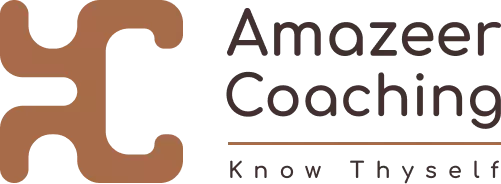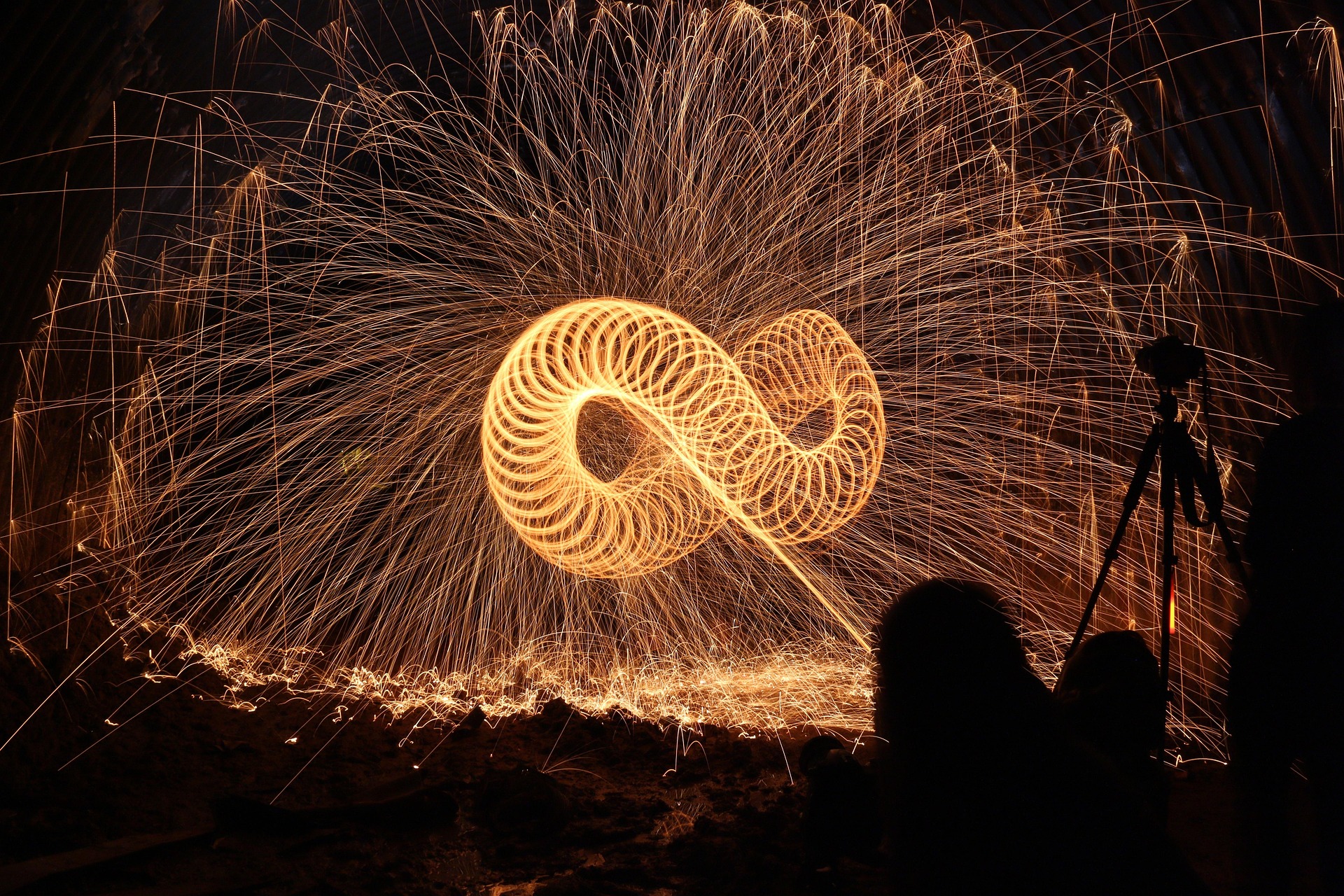I recently read a book from my favorite quantum physicist David Bohm titled “On Creativity”. It is interesting for a hard core scientist to write about such a philosophical concept but if you know anything about the life story of David Bohm you wouldn’t be as surprised. He is as much a quantum physicist as he is a philosopher. And given his theories were so ahead of his time and so contrarian to the prevalent scientific paradigm he has had to face harsh criticism, ridicule, complete exclusion from the scientific community, and eventually had to leave the country. Essentially, he has been “cancelled” as we would call it today. But many decades later, his theories are not only studied deeply but his concept of implicate / explicate order seems to come closer and closer to today’s discoveries on the quantum vacuum and the implications of post-modern scientific findings.
Now, every professional organization, business of any kind, educational institution, and research project is looking for the formula to creativity. What makes someone creative? How does creativity arise? What ingredients are essential? How can we access novel solutions? Can we even induce creativity?
Creativity is somewhat hard to define; though we would all know if something or someone is being creative or not. It has the characteristic of being original, new and fresh but not in an incremental way, rather in a groundbreaking and completely novel way. And the product of creativity seems to mesmerize us and touch us deeply: whether it is a gorgeous painting that captivates our attention, or a basketball player that seems to defy the laws of gravity.
Though we seem to think that creativity is largely contained in the arts and sports industries, it is evident that science, business, and technology could just as well be creative, novel, and original. Who would disagree that Einstein was a highly creative mind? Or that Steve Jobs gave us a beautiful piece of technology that connects the whole planet while holding the entire history of knowledge in a small elegant contraption? Creativity can be everywhere: in every industry, sector, geography, and human being. It is much more an orientation of the mind than an outcome. The latter being a by-product of this orientation and the way we live.
Bohm says: “Originality and creativity can develop only if they are the essential force behind the very first step…[and] any effort to reach them through some planned series of actions or exercises is a denial of the very nature of what one hopes to achieve”. He posits that originality and creativity are in fact a normal and organic outcome of a well functioning human mind living a healthy life. A mind that is free from any preconceived notions and conditioning, open to whatever may arise (including things that may be upsetting, unpopular, puzzling, or unproductive) and leading to more exploration simply for the sake and love of exploration itself.
In a society that constantly asks “what’s in it for me?” and “how can we monetize this?”, it is hardy the right context for novelty and originality if Bohm is correct. Our world is so outcome focused that we don’t start anything before having the ”end in mind”. Yet, Bohm is saying that the end or outcome are something we should stumble upon, be surprised by, and not something we could have imagined or even fathomed on the outset. So our “outcome focused” orientation may be seriously in the way of us being highly creative and original whether we like it or not.
Another thing that is in the way of us being oriented towards creativity in today’s world is the enormous amount of distraction going on that was much less of an issue in Bohm’s time. The level of distraction and escapism in our society has never been this high in the history of humanity as we know it. Endless social media scrolling, hours upon hours of passive tablet time, escapism through substance abuse of various kinds, filled up schedules and keeping busy always…all tantamount to what Bohm calls “falling asleep”. Our bodies and minds are running on such fast treadmills, but most of it is passive, disengaged, and mechanical. Can we be creative living a fast blurry life?
What then to do? Bohm says every individual needs to discover that for him / herself but that it inevitably starts by watching your own mind: notice when you feel alive, creative, inspired. When do you feel your neurons glowing? Your energy fresh and excited? Your heart inspired and pumped up to take on the day? Conversely, take note of when you are in apathy, disengagement, living a blur. What causes you to fall asleep to your life? To lose inspiration and enthusiasm for the day? To not want to try and be more present?
Living in this modern day society myself, I think Bohm’s solution is far more intricate to implement that what it may have been in his time. Who has time to watch their mind? And if one begins any “mind watching” one inevitably finds large amounts of psychological resistance (i.e. don’t want to go there), very fast and powerful distraction mechanisms (e.g. your hand may have picked up your phone and started scrolling before you even noticed), and anxieties of many kinds (e.g. feeling panic attack like symptoms)…our inner atmospheres have become too uncomfortable for us to stay in there.
At the same time, and as uncomfortable as it may be, befriending our interiority is an inevitable and necessary first step to a more engaged, joyful, and creative life. Let’s do our inner work, heal our fractures and traumas, develop kindness and acceptance towards our past and present selves. And if your life hasn’t shown you that this is a priority yet, trust me it will 🙂
And I think this is part of the solution too, by the way. For some of us (not all), the fast daily pace has gotten so overwhelming that we will only slow down or stop when we are forced to by life events. So we all have a choice: willingly and proactively start to step into our lives in a more present and meaningful way, or wait until we are forced to do so. If you decide on the latter, I won’t judge you as we have all been there and done that. But if you pick the former, please start now and start small. Watch your thinking, your behavior, your reactions. Become aware of what invigorates your mind and what puts it to sleep. What inspires your zest for life and what renders you bored. Explore yourself without an end in mind. As Socrates said “the unexamined life is not worth living”. Until next time, dear reader, keep walking 🙂

